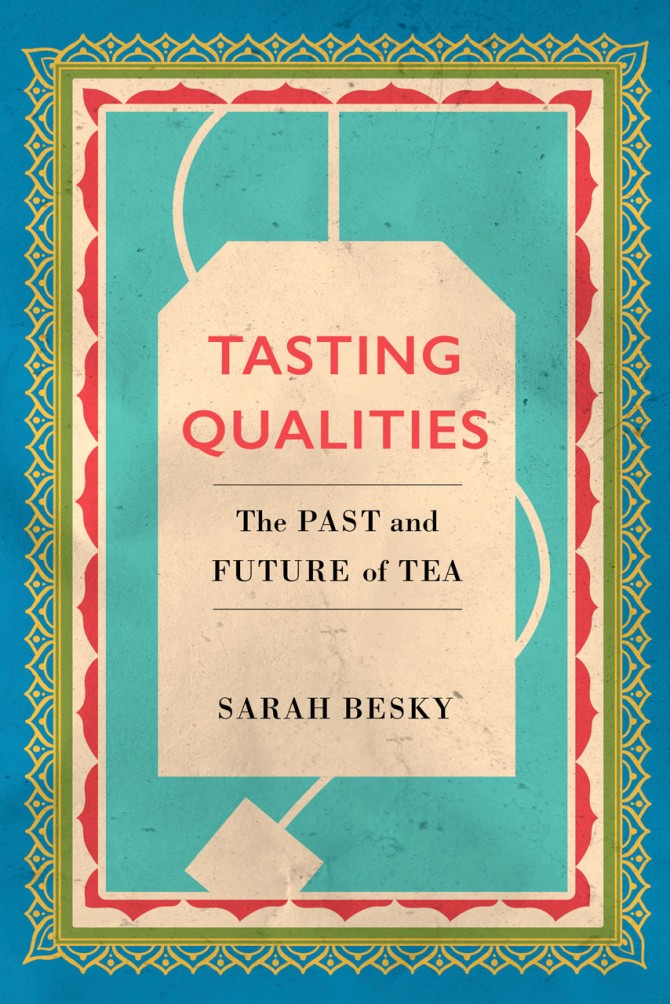‘Tasting Qualities’: what a good cup of tea tells us
By Julie Greco
In her latest book, “Tasting Qualities: The Past and Future of Tea,” author Sarah Besky addresses the role of quality in contemporary capitalism and how a product as ordinary as a bag of tea is judged for quality – and the environmental and social effects of those judgments.
Besky, an associate professor of international and comparative labor in the ILR School, does this by tracing the work of producing quality across factories, plantations, auction houses, tasting rooms and scientific laboratories.
“I ask what quality is and where it is, geographically and historically, but I also ask what quality does – what claims about it are made, by whom and with what consequences,” said Besky, who also teaches labor relations, law and history.
“The quality of tea – or food, or water, or pharmaceuticals, or any number of other things – is shaped by the materials and means by which it moves around the world,” Besky said. “An attention to both historical and contemporary conditions shows how unstable, perishable, and reactive these materials and means are. Quality is thus less a thing in the world and more of a set of ongoing experiments.”
Besky is a cultural anthropologist whose research uses ethnographic and historical methods to study the intersection of nature, labor and capitalism in South Asia.
Read the full story of “Tasting Qualities” on the ILR website.
Julie Greco is a communications specialist with the ILR School.
Media Contact
Get Cornell news delivered right to your inbox.
Subscribe

